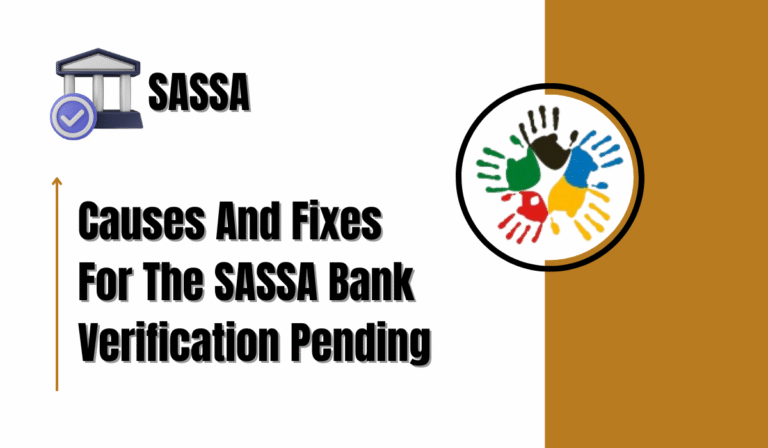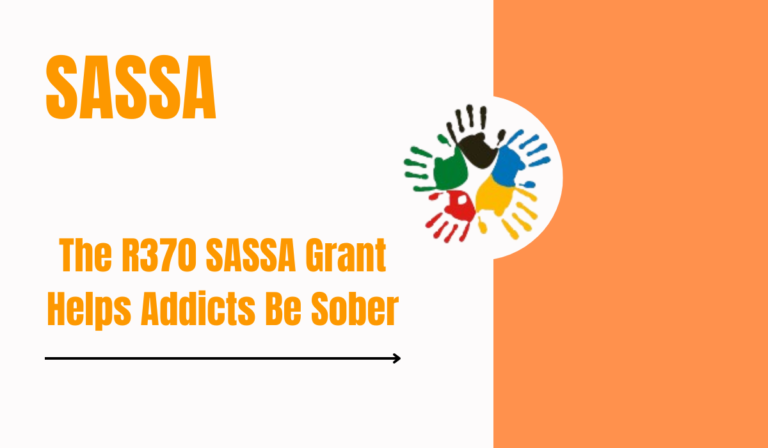Postbank Rapped Over The knuckles In The Sassa crisis

Postbank Rapped Over The knuckles In The Sassa crisis. The Postbank has come under intense scrutiny for its mishandling of the South African Social Security Agency (SASSA) card transition. Members of Parliament (MPs) have criticized the institution for inadequate planning and a lack of effective communication, which left millions of SASSA beneficiaries scrambling to replace their gold cards with new black cards. This article delves into the challenges faced, the government’s response, and the implications for social grant recipients.
SASSA Grants and Postbank Role
SASSA is responsible for distributing social grants to over 19 million South Africans each month. Of these, approximately 2.9 million beneficiaries receive payments through Postbank accounts. The transition from gold to black SASSA cards was meant to enhance security and streamline payments, but poor execution has led to long queues, delays, and significant distress among grant recipients.
Challenges Faced by Postbank
1. Inadequate Infrastructure
One of the primary issues was that Postbank’s infrastructure was not equipped to handle the sudden surge in demand. Beneficiaries rushed to replace their gold cards following a shortened deadline, but many were met with system failures and long waiting times.
2. Lack of Effective Communication
A critical failure in the transition was poor communication with grant recipients. Many elderly and vulnerable individuals were unaware of the process, deadlines, and collection points, leading to confusion and frustration. MPs highlighted that Postbank relied heavily on online communication, neglecting the fact that many grant recipients do not have access to the internet or mobile data.
3. Urban-Centric Service Centers
Postbank prioritized setting up service centers in urban areas, leaving rural and peri-urban communities underserved. This created significant accessibility barriers for beneficiaries who had to travel long distances to reach a service point, often without certainty of receiving their new cards.
Government Response to the Crisis
Parliamentary Oversight and Criticism
The Portfolio Committee on Social Development convened to discuss the crisis, with representatives from the Departments of Social Development and Communication and Digital Technologies, alongside SASSA and Postbank officials. MPs expressed their disappointment, emphasizing that the delay in card replacements and lack of proactive intervention had caused unnecessary panic among beneficiaries.
Statistics on the Transition Process
| Metric | Number of Beneficiaries |
|---|---|
| Total SASSA grants paid monthly | 19 million |
| Beneficiaries affected by the transition | 2.9 million |
| Cards replaced by December 2024 | 200,000 |
| Cards replaced by mid-February 2025 | 550,000 |
| Beneficiaries still at risk | 2.4 million |
MPs stressed that the numbers indicated a failure to meet targets, which should have prompted earlier intervention.
Proposed Solutions and Future Measures
To address the crisis, the following measures were proposed:
- Special Outreach Interventions: Postbank and SASSA agreed to expand mobile services and increase accessibility for rural communities.
- Improved Beneficiary Tracking: Using the Socpen system to analyze beneficiary locations and set up additional service points.
- Enhanced Communication Strategies: Collaborating with local stakeholders to ensure clearer messaging and wider reach.
- Queue Management and Priority Services: Deploying additional staff at service points to assist beneficiaries, especially the elderly and frail.
- Extended Operating Hours: From February 14, the system began operating from 6 AM to 7:30 PM, including weekends, to expedite the process before the final deadline.
MPs Reactions and Criticisms
MPs were not satisfied with Postbank’s responses and criticized the lack of foresight in planning.
- MK Party MP Sihle Ngubane lamented that elderly beneficiaries were being sent from “pillar to post,” some even directed to retail stores like Shoprite and Checkers without clear guidance.
- ActionSA’s Dereleen Elana James called it a “poorly executed project,” questioning why no interventions were made earlier when Postbank was failing to meet its targets.
- EFF MP Paulnita Marais expressed outrage over the sight of elderly beneficiaries in wheelchairs waiting in long queues, criticizing the lack of trained personnel to assist them.
- DA MP Alexandra Abrahams pointed out the inefficiencies in Postbank’s service plan, arguing that the setup of handling only 50 card replacements per teller per day was inadequate given the large number of beneficiaries.
Broader Implications of the Crisis
Economic and Social Impact
The delays in grant distribution have profound implications for the economic stability of millions of South Africans who rely on these payments for basic necessities. Many beneficiaries were left in distress, unable to access funds for food, medicine, and transport.
Erosion of Public Trust
The crisis has eroded public confidence in Postbank and SASSA’s ability to manage social welfare programs effectively. With recurring inefficiencies and lack of proactive measures, public trust in these institutions has diminished, leading to greater skepticism about future reforms.
The Way Forward
To prevent similar crises in the future, government agencies must take a proactive approach by:
- Developing a Comprehensive Implementation Plan
- Conducting thorough feasibility studies before rolling out major changes.
- Ensuring sufficient infrastructure is in place to handle demand.
- Strengthening Communication Channels
- Using multiple channels such as radio, TV, and community meetings to disseminate information.
- Providing clear and accessible messaging for all beneficiaries.
- Expanding Service Centers to Rural Areas
- Establishing mobile service points and permanent collection centers in underserved areas.
- Partnering with local businesses and community centers to distribute cards.
- Implementing an Appointment-Based System
- Introducing an online and telephone booking system to prevent overcrowding at service points.
- Allocating time slots to beneficiaries to ensure efficient service delivery.
- Enhancing Digital and Technical Infrastructure
- Upgrading Postbank’s systems to handle high transaction volumes.
- Training additional personnel to assist beneficiaries with digital platforms.
Conclusion
The mismanagement of the SASSA card transition by Postbank has exposed significant gaps in planning, infrastructure, and communication. While efforts are now being made to rectify the situation, the damage has already impacted millions of vulnerable South Africans. Moving forward, a more structured and inclusive approach is needed to ensure that such essential services run smoothly and efficiently, safeguarding the welfare of those who rely on them the most.






